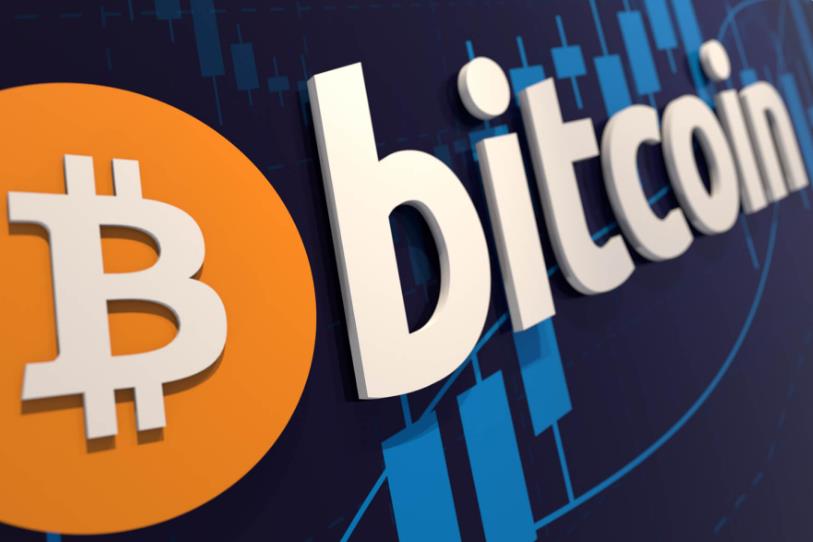The U.S. Securities and Exchange Commission (SEC) has finally approved the first bitcoin exchange-traded funds (ETFs) based on spot prices, opening the door for more mainstream investors to access the cryptocurrency market. However, the competition among the fund providers is fierce, as they vie for market share and lower fees. Who will emerge as the winner in this Wall Street race?
The first bitcoin ETF to launch in the U.S. was the Grayscale Bitcoin Trust (GBTC), which started trading on January 11, 2024. The fund, which has been operating as a trust since 2013, had a head start in terms of asset size, with nearly $27 billion under management as of January 12. However, the fund also had some drawbacks, such as a high expense ratio of 2% and a persistent discount to its net asset value (NAV).

The second bitcoin ETF to debut was the ProShares Bitcoin Strategy ETF (BITO), which also began trading on January 11. The fund tracks the performance of bitcoin futures contracts, rather than spot prices, and has a lower expense ratio of 0.95%. The fund saw a record-breaking first-day turnover of $2.3 billion, surpassing GBTC’s $1.8 billion. However, the fund also faces some challenges, such as the negative roll yield and contango effect of the futures market, which could erode its returns over time.
The Fee Cutters
Following the approval of GBTC and BITO, several other fund providers rushed to launch their own bitcoin ETFs, hoping to capture a slice of the lucrative market. However, they also realized that they had to compete on fees, as investors are becoming more cost-conscious and price-sensitive. Therefore, some of the fund providers decided to slash their planned fees, in order to attract more inflows and gain an edge over their rivals.
Among the fee cutters were Invesco, WisdomTree, Bitwise, and Valkyrie, which all reduced their fees on their possible spot bitcoin ETFs, according to updated filings. Invesco lowered its fee from 0.65% to 0.39%, WisdomTree from 0.95% to 0.49%, Bitwise from 0.95% to 0.59%, and Valkyrie from 0.79% to 0.49%. These fee reductions put them in a better position to compete with GBTC and BITO, as well as other fund providers that have yet to launch their products.
The Dark Horses
While the fee cutters may have gained some advantage over their competitors, they are not the only ones in the race. There are still some dark horses that could surprise the market with their innovative and attractive offerings. One of them is BlackRock, the world’s largest asset manager, which has expressed its interest in launching an ether ETF, the native token of the Ethereum blockchain. BlackRock’s CEO Larry Fink said that the firm may list an equivalent product for ether, as part of its ongoing journey toward tokenization. If BlackRock succeeds in launching an ether ETF, it could open up a new market for investors who want to diversify their exposure to the crypto space.
Another dark horse is CoinShares, Europe’s largest digital asset manager, which has exercised its option to buy bitcoin ETF provider Valkyrie, in order to add a U.S. arm to its business. CoinShares said that the decision was a direct result of the SEC’s approval for spot bitcoin ETF listings, and that it plans to leverage its expertise and experience in the European market to offer competitive products in the U.S. market. CoinShares could benefit from its existing brand recognition and customer base, as well as its partnership with Valkyrie, to challenge the incumbents in the bitcoin ETF space.
The Bottom Line
The approval of bitcoin ETFs in the U.S. is a historic event for the crypto industry, as it marks the recognition and acceptance of the asset class by the regulators and the mainstream investors. However, it also sparks a fierce competition among the fund providers, who are trying to differentiate themselves and win over the customers. The race is on, and the outcome is uncertain. Who will win the Wall Street race? Only time will tell.
